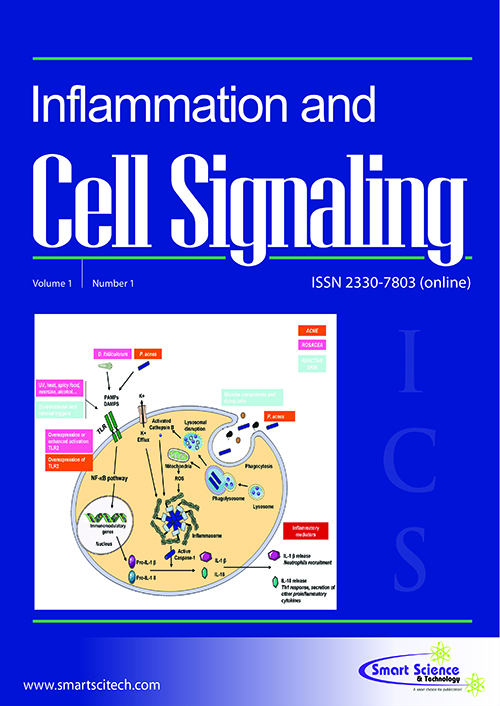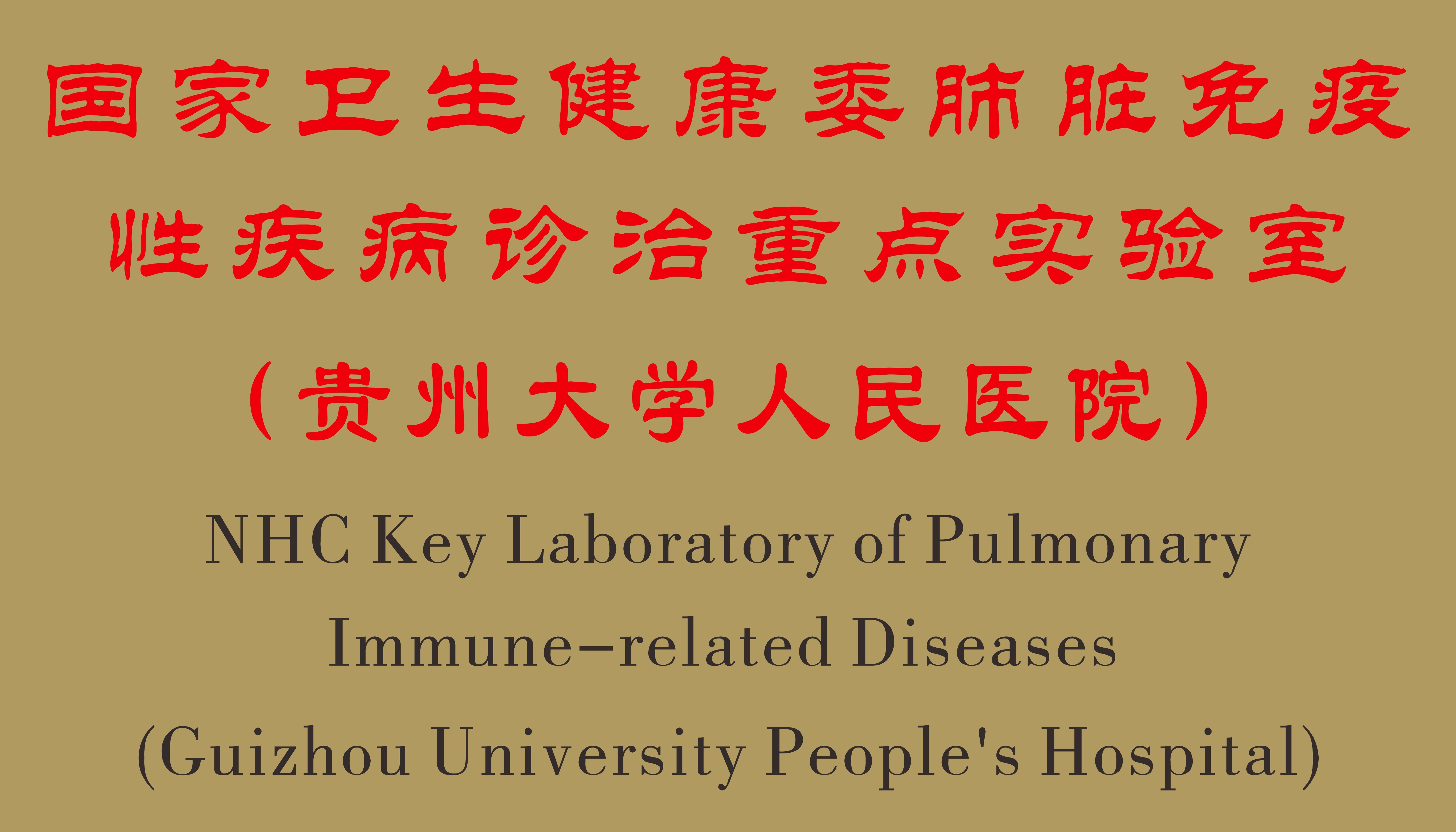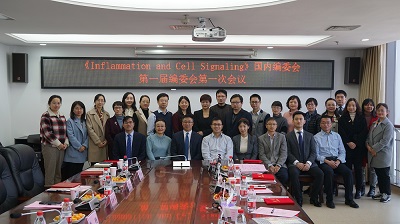Inhibition of AR Restores the Sensitivity to Fulvestrant in ER-Positive Breast Cancer Cells
DOI: 10.14800/ics.1176
Abstract
Endocrine therapy has been widely used in treating estrogen receptor (ER)-positive breast cancer which accounts for nearly 75% of breast cancer. Though endocrine therapy has shown great potency, acquired resistance occurs. Fulvestrant, the ?rst selective ER down-regulator (SERD), was confirmed to completely suppress ER? and notably e?cient. However, it has been observed that some ER-positive breast cancer would eventually develop unresponsiveness and acquired resistance to it, resulting in poor outcome. Several mechanisms have been proposed to be involved in antiestrogen resistance, such as activated pathways and altered expression of microRNAs. Of note, it is postulated androgen receptor (AR) which is often observed in most primary and metastatic breast cancer, might be a crucial protein associated with the efficacy of Fulvestrant, due to its common co-expression and intricate crosstalk with ER. In this study, we demonstrate that treatment suppressing ER would shift tumors from ER dependence to AR dependence, resulting in resistance to Fulvestrant and tumor growth. A blockade of AR could increase the sensitivity to Fulvestrant, and dual inhibition of AR and ER would be more effective than either drug alone, which might provide an insight into choosing optimal therapy for patients with AR-expressing ER-positive breast cancer. Furthermore, activated AR could also upregulate its downstream factor SOX9 to promote cell migration and proliferation.














